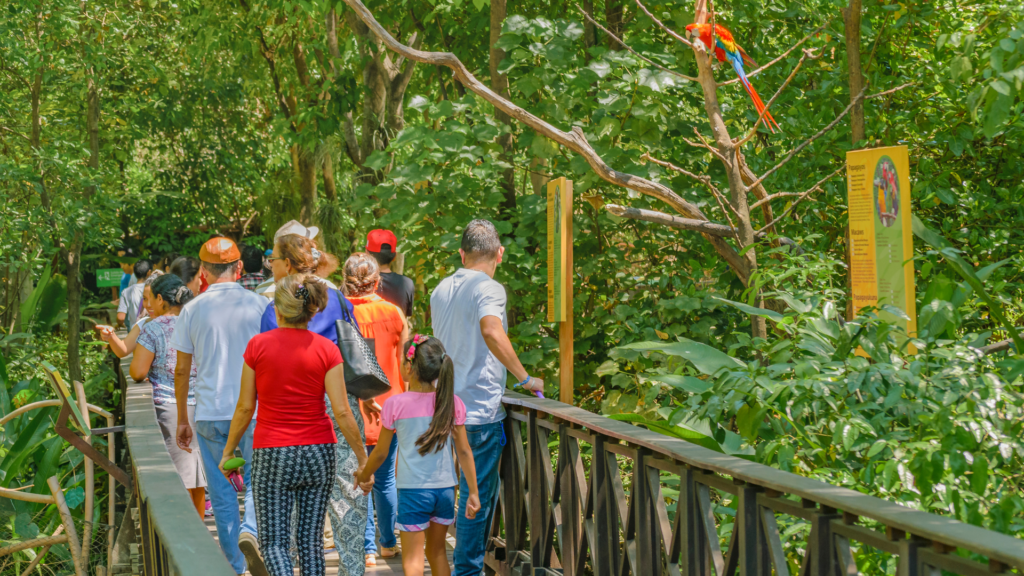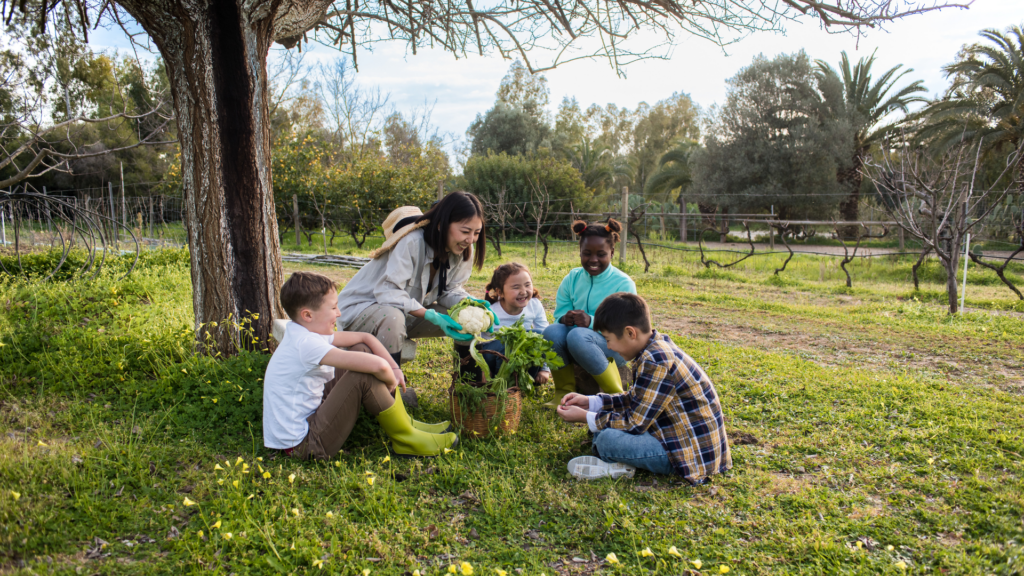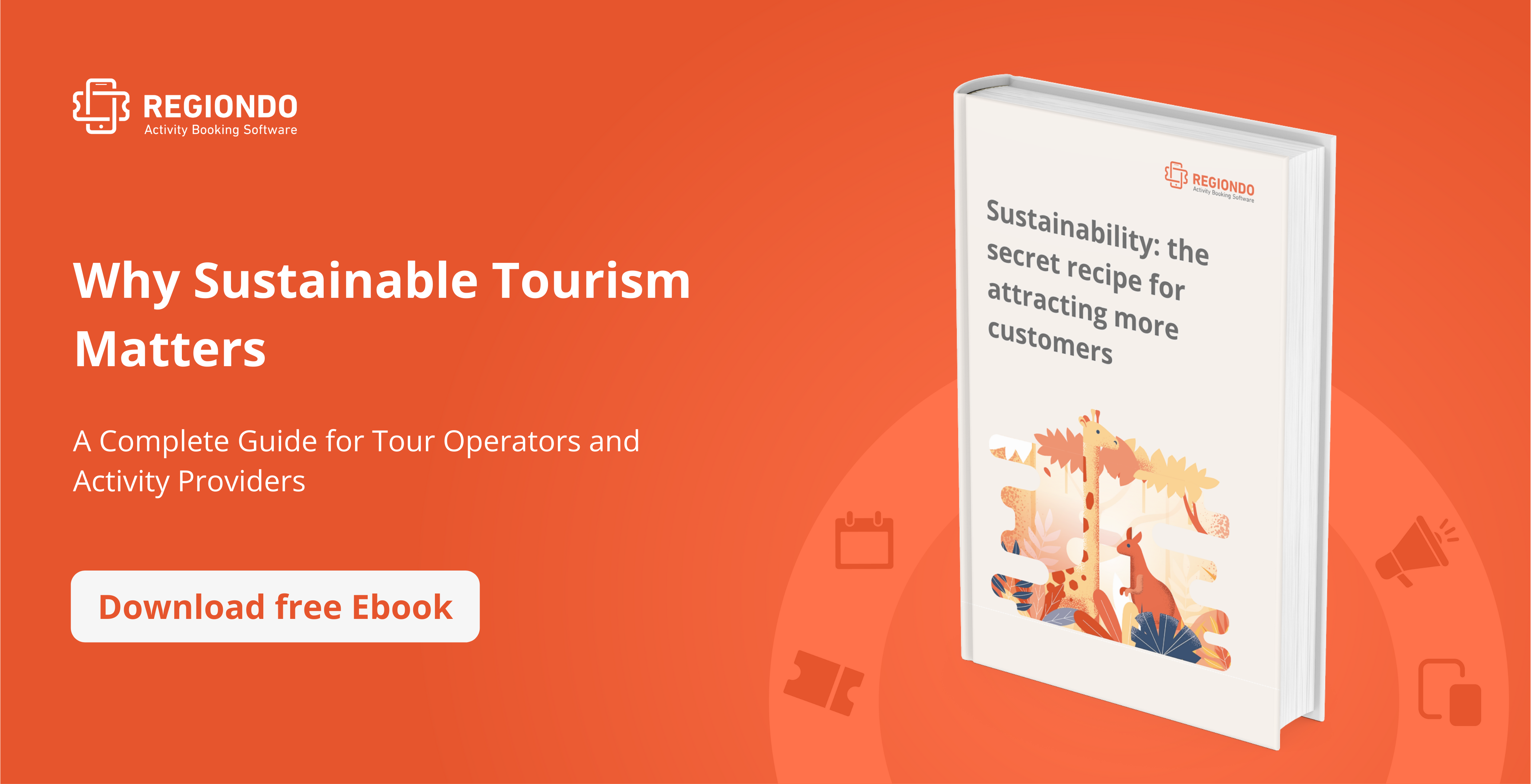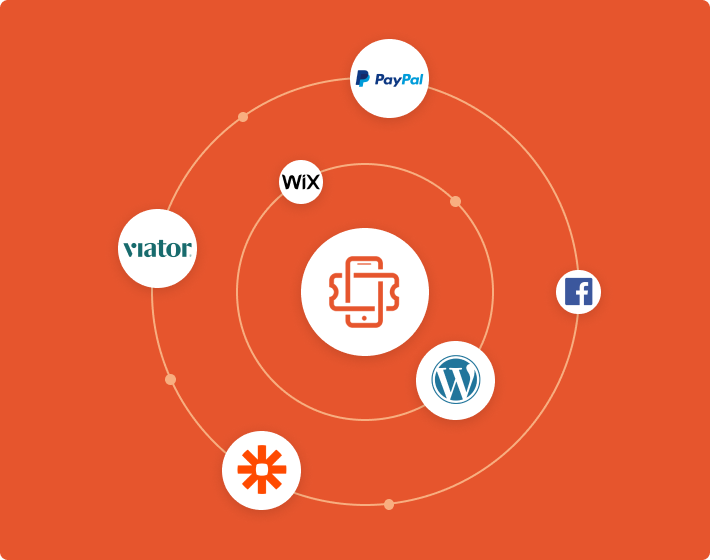Travel has the potential to connect people from all over the world, help us create unforgettable memories, and foster much-needed understanding. For all the good it does, however, we need to be aware of the side effects it can have. In fact, the travel and leisure industry puts enormous pressure on natural resources through overconsumption and waste, increased pollution, and habitat loss. This has a significant negative impact on the communities, plants, and animals that live in the areas that experience the most intense tourist flows. That’s why it’s so important for companies in our sector to adopt practices that can drive sustainable growth.
What is a sustainable business?
In the context of business, sustainability refers to a company’s strategy to reduce the negative environmental impact of its operations in a particular market. For industrial farmers, this might mean reducing the amount of runoff that ends up in rivers. For automakers, it could mean limiting harmful emissions. For tour operators, it could mean reducing waste and optimizing resources.
The travel industry has taken a beating for decades for paying little or no attention to the importance of sustainable growth, and at least some of it is well deserved. While it’s true that some transportation companies and tour operators show little concern for the environment, that doesn’t mean it should be tolerated. In order to leave a beautiful world for our descendants, it is imperative that we adopt environmentally friendly practices in our daily lives and in our businesses.

This means doing everything we can to protect our environment. You can start with simple things like recycling used paper, using energy-efficient light bulbs, and providing reusable water bottles for your customers (and having water jugs where they can refill!). You can even focus on working only with vendors who follow the same principles. If you’re motivated to go the extra mile, you can also implement automated systems to run your business more efficiently. These small steps can really have a big impact if everyone does them.
But sustainable growth is about more than just protecting the environment. A core part of it is adopting policies that have a positive impact on the local community and economy. Some of the things travel companies can do include hiring local guides, donating a portion of their profits to nonprofit organizations, paying employees a living wage (which is even more important if they’re based outside of first-world countries), and providing additional opportunities for training and career advancement.
The benefits of a sustainable growth approach
According to the United Nations World Tourism Organization (UNWTO), “Tourism can and must play a significant role in delivering sustainable solutions for people, planet, prosperity and peace”. To put it bluntly, tourism activities play a major role in environmental degradation, but that doesn’t mean we can’t do something about it. In fact, we have an obligation to do what we can to provide more environmentally responsible solutions for our society and environment.

Adopting sustainable growth practices may cost a little more in the short term, but in the long run it can bring significant benefits to both you and the community in which you operate. The most obvious perk is that you and your friends and family will live in a better world. Another benefit is that implementing green policies can actually save you money! In fact, investing in sustainable technology can help you reduce energy, administrative, and marketing expenses. According to 33% of respondents to a McKinsey survey, integrating a sustainability strategy into business operations can lead to significant improvements in operational efficiency and cost reduction. This focus on efficiency has the potential to increase operating profits by up to 60%.
As an added bonus, being seen as a sustainable business can also be very valuable from a marketing perspective. If you’re one of the few travel or leisure companies in an area that follows sustainable business principles, you can boast a unique selling point that others don’t have. On the other hand, if you’re one of the few that doesn’t, you could be losing out on potential customers that have now gone to a competitor.
How can a booking system help you achieve sustainable growth?
If you want to grow your travel business in a sustainable way, you should consider investing in a booking system. Booking systems like Regiondo can help you minimize waste, both in terms of time and resources.
Regiondo is an all-in-one booking system that allows tour operators, activity providers and destinations of all sizes to sell tickets online, distribute offers on the most popular OTAs and resellers, manage bookings, show real-time availability and scan tickets thanks to a dedicated POS solution. Among other things, implementing a reservation system can help businesses reduce their environmental footprint by allowing them to go paperless and digitize their operations. You’ll be able to store your bookings online, accept payments and send digital receipts, communicate with your customers via email and SMS, and add guest contact information directly to an integrated CRM tool.

Resource Management
With a booking system, you can receive and manage your bookings entirely online, which is the most effective way to reduce the amount of paper and ink your business needs. Say goodbye to the need to archive physical copies of your documents as everything is now stored digitally in the cloud. With Regiondo’s Touch POS, customers can even show you the QR codes associated with their reservations from their phones without having to print them out. You can then scan them from your Android or iOS device using a dedicated app.
As the name suggests, Regiondo’s Resource Manager can also make it easier for you to manage and optimize your resources. These resources can be divided into:
- Limited resources that cannot be shared between multiple offers (Example: In the case of offering two different types of Segway tours with only one available guide, when one tour is booked, the other tour option is automatically removed from the booking system because the guide is no longer available for that time slot).
- Limited resources that can be shared between different offers (Example: If you offer both kayak tours and kayak rentals with a fleet of 10 kayaks, the booking system dynamically adjusts the availability of kayaks. When a customer books a tour, the system automatically reduces the number of kayaks available for rent, ensuring that customers can only book from the remaining kayaks in stock. This seamless process optimizes resource allocation and prevents overbooking).
- Unlimited resources (Example: If you offer wine tastings, you can accurately estimate the amount of wine needed for the event by setting the glasses of wine as an “unlimited resource”. This calculation ensures that there will be enough wine available to avoid running out during the tasting experience).
Managing your resources efficiently means that you can not only optimize your revenue per resource, but also reduce the environmental impact of your business. For example, imagine that you have two bus tours departing at the same time on the same route. A booking management system can help you forecast the demand for the tour and decide whether or not to remove one of the bus tours. By combining two low-demand tours into one, you can save on fuel, guide wages, and other related fees, allowing you to maintain a higher profit on the tour than you would have otherwise.

Targeted Marketing
The benefits for tour operators and DMOs go beyond saving valuable resources. In fact, you can also focus your marketing efforts on specific locations. This means that instead of advertising your business to a broad audience, you can target specific markets. the main benefit? It will allow you to sensibly cut your marketing spending.
Employee Satisfaction
Your employees are one of your most important resources. Without them, you don’t have a business. They are the front line of your company and can make or break a guest’s experience. By automating some of the administrative tasks, you can take some of the pressure off your staff and relieve some of their long-standing headaches! This gives them time to focus on what they love to do – interact with customers! This also opens up opportunities for you as a business owner to upskill your employees, leading to higher levels of engagement and loyalty!
Customized Reporting
While data and statistics may not be the favorite pastime of everyone on your team, monitoring sales, site visits, and costs is a very important part of planning for the future. If you can accurately estimate your business needs for specific time periods, you can plan your resources accordingly. This can help reduce the waste associated with running your operations, saving you money and helping the environment at the same time.

Achieve sustainable growth with Regiondo
It is our duty to help protect the beautiful world we live in. Fortunately, technology has allowed us to reduce the amount of resources we need to run a business. To learn more about how Regiondo can help you adopt more sustainable growth practices, call us to schedule a demo. Our team members will be happy to discuss how we can meet your needs and help your tour and activity business thrive!





